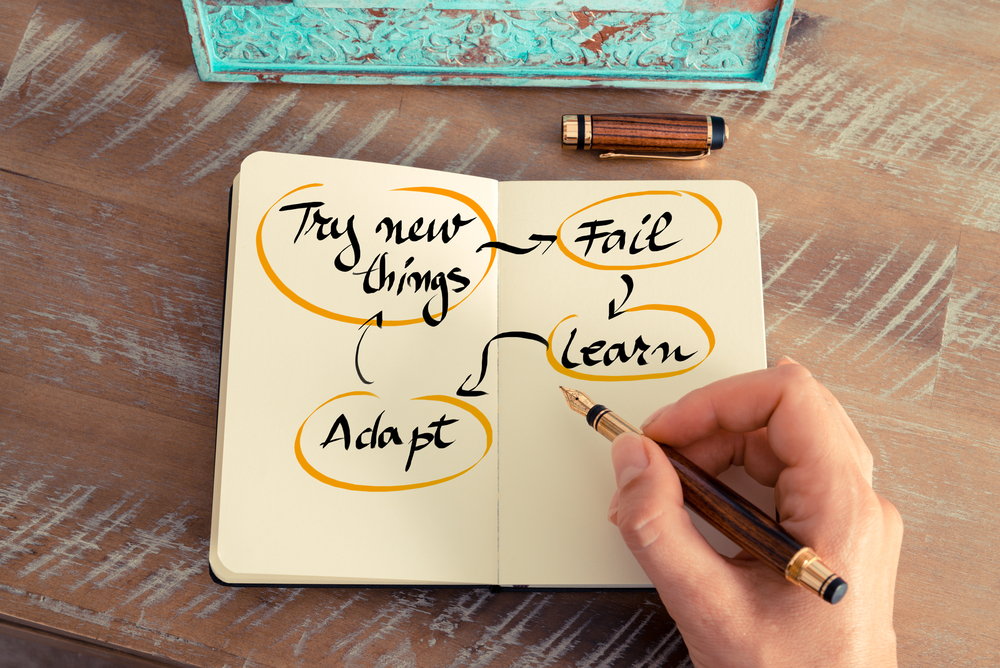Getting started

Losing weight can feel like a daunting task to start with so it’s a good idea to write down your goals and break those down into mini-goals. The changes you make to your diet and lifestyle need to be sustainable in the long term so that when you lose weight, you’re able to keep it off.
Things to think about:

Your motivation: What is your motivation to manage your weight? Is it to improve your health; to have more energy; to feel better about yourself or to fit back into some of your favourite clothes?
Writing it down and visualising your end goal will help keep you motivated and on-track.

Your lifestyle: This includes your diet, physical activity, how much alcohol you drink and whether you smoke. All of these have an impact on your overall health but also on your blood glucose, which can make your diabetes more difficult to manage.
It might be helpful to keep a food and physical activity diary for a week to help identify some areas where you can make some small changes. We’ll cover all of these topics in more detail later in the course.

Your support: What and who is going to support you in your weight management journey? It might be a friend that you can exercise with; planning out all of your meals; using an app to track your food and exercise; attending a weight management class or your partner or family also joining you with the changes you are making.
Doing things differently isn’t easy to start with but having support will make the journey there much easier!

Your barriers: Think about what stops you from losing weight. Is it a lack of time; you’re not sure what foods to eat; do you eat when your mood is low; does the thought of doing exercise seem daunting or do you feel that when you get off track you should just give up altogether?
By identifying what your potential barriers are you can come up with some strategies for overcoming these.

Your mood: Depression and low mood can lead to gaining weight and in turn, your weight gain could be a consequence of low mood, it is a vicious cycle. Taking some small steps and achieving some of your mini-goals can put you in a more positive mindset which can make the rest of your journey easier.
If you’d like to get started with writing down some of your goals, you can do it below. Completing this S.M.A.R.T. goals worksheet is designed to help you identify if what you want to achieve is realistic and determine a deadline. When writing S.M.A.R.T. goals use concise language but include relevant information. These are designed to help you succeed, so be positive when answering the questions.
When you have submitted your answers, you will be given the option to download and keep a copy of your responses for your records.



Leave a Reply
You must be logged in to post a comment.